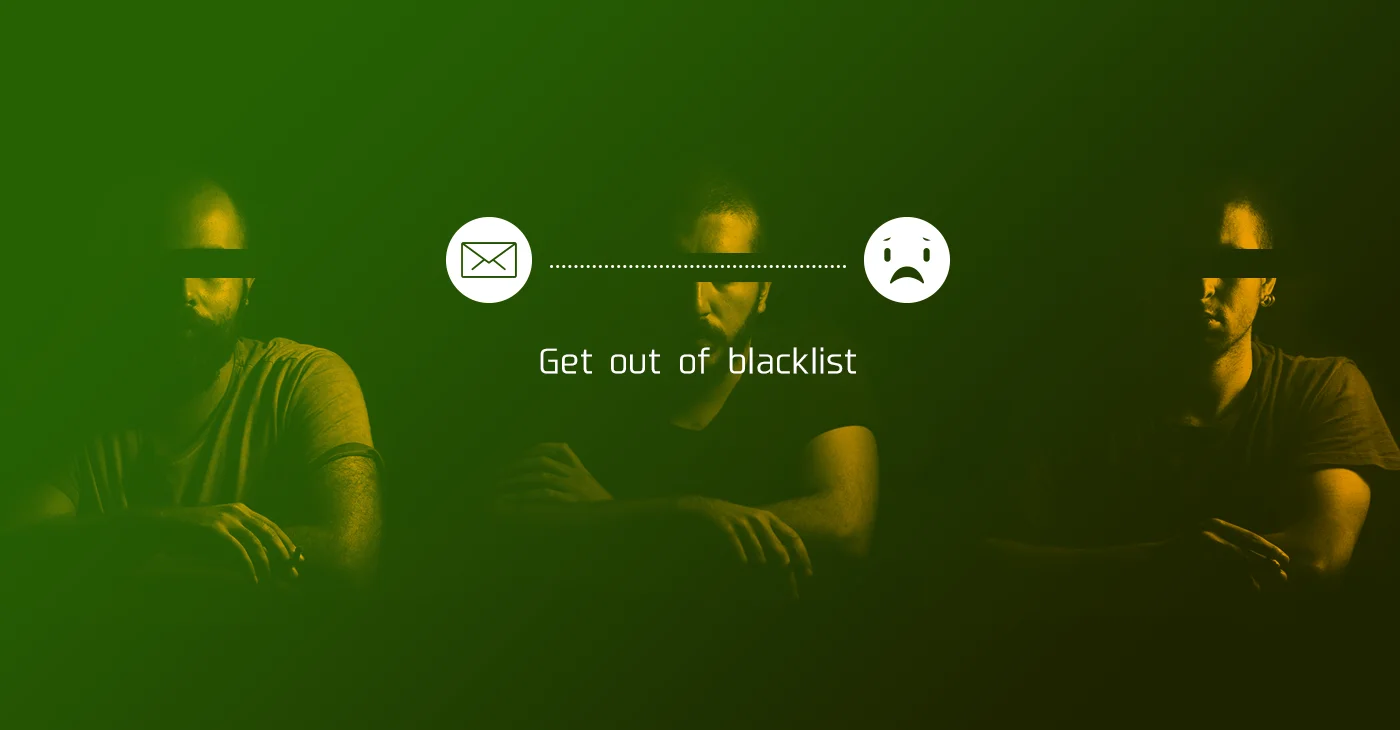The latest from Benchmark Email
Tips, tricks, and best practices for the busy email marketer.
Latest Posts See all articles

Work Smarter, Not Harder
Create emails in a snap with our AI-powered email copy tool. Try it for free with a free Benchmark Email account.
SIGN UP FREE
Trending Posts See all articles
Email Marketing
September 7, 2021 6 min read
Why Your Emails Are Going to Spam and Ways You Can Put a Stop to It
September 7, 2021 6 min read
Marketing Automation
March 23, 2018 8 min read
Top 5 Email Marketing Automation Triggers You Should Know
March 23, 2018 8 min read










